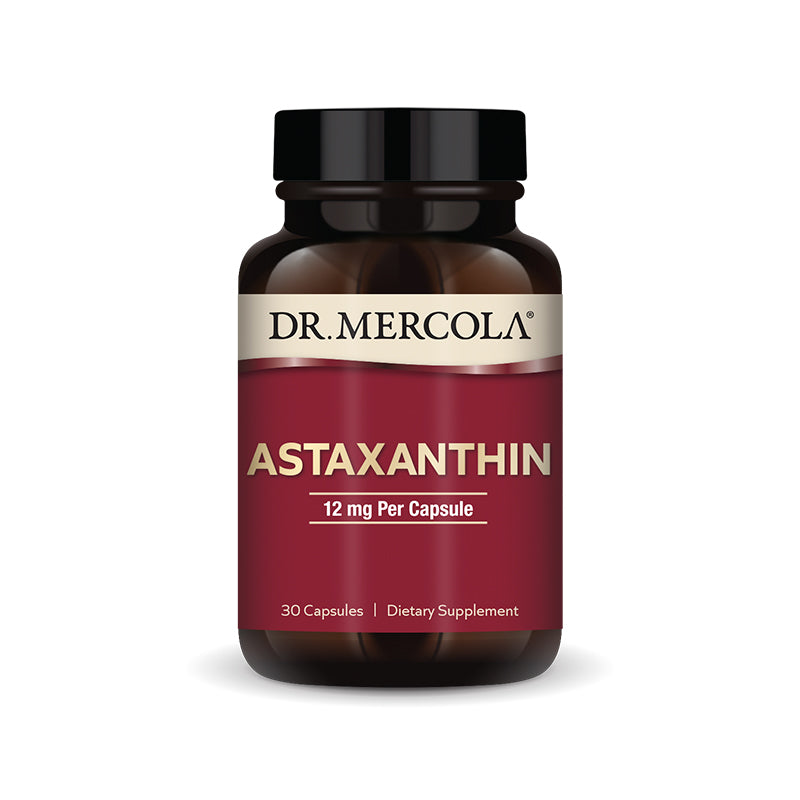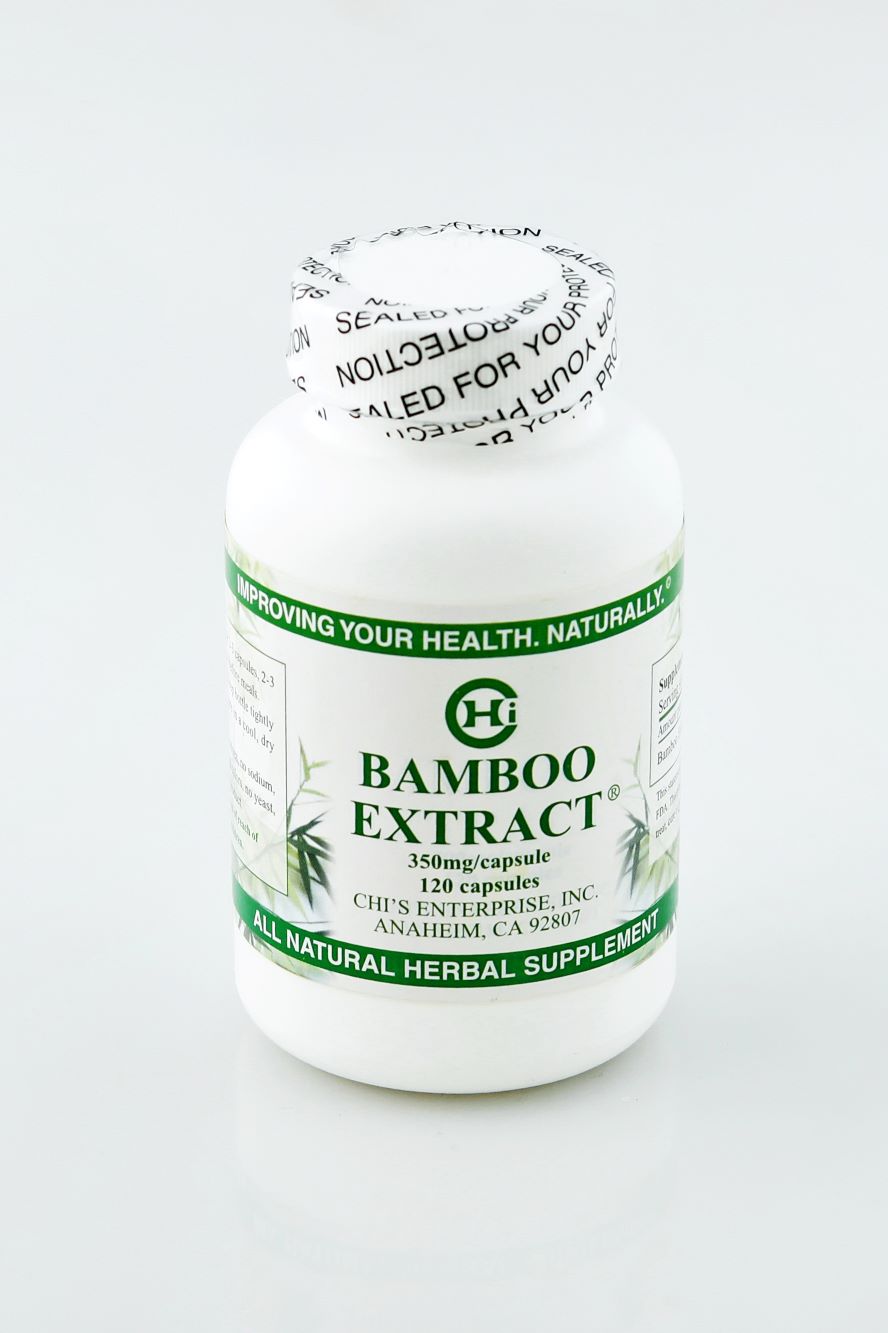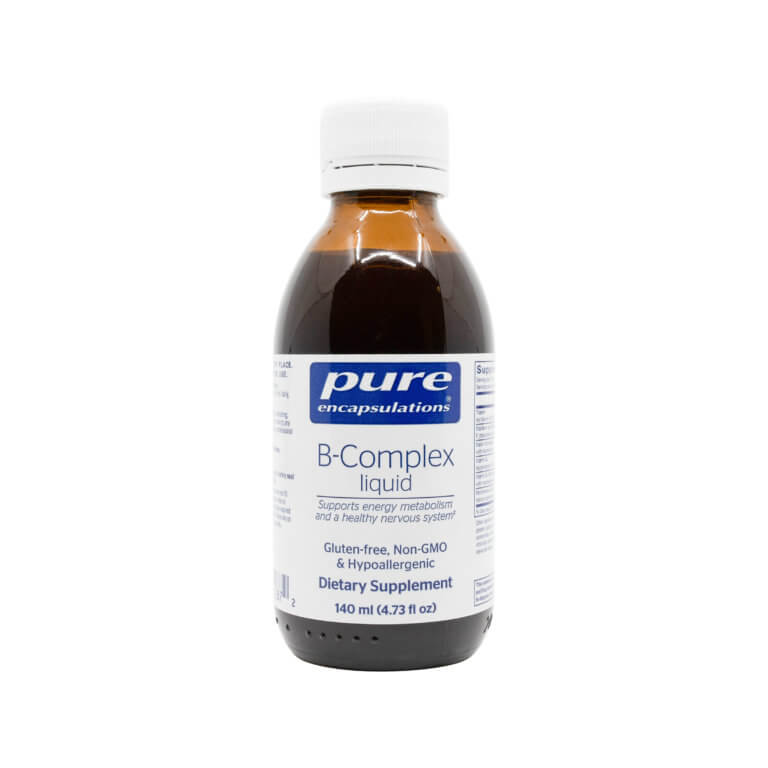Cart
0
by Glen Depke and Lynda Buitrago Millions of women and men have symptoms of hypothyroidism, including:
- Being tired all the time
- Weight gain
- Can’t lose weight
- Joint and muscle pain
- Brain fog
- Anxiety
- Depression
- Hair falling out
- Brittle hair
- Feeling cold most of the time
- Low sex drive
- High cholesterol
- High triglycerides
- Feeling miserable
- Resolve these issues without thyroid medications
- Avoid further destruction of your thyroid gland
- Reduce your risk of developing Alzheimer’s or Parkinson’s disease
- Thyroid stimulating hormone (TSH)
- T3 uptake
- T4
- Free thyroxine index (T7)
- Free T3
- Free T4
- Thyroid Peroxidase (TPO) antibodies
- Antithyroglobulin antibody
- Thyroxine Stimulating Immunoglobulin (TSI)
- Reverse T3
- Thyroxine-binding globulin (TBG)













